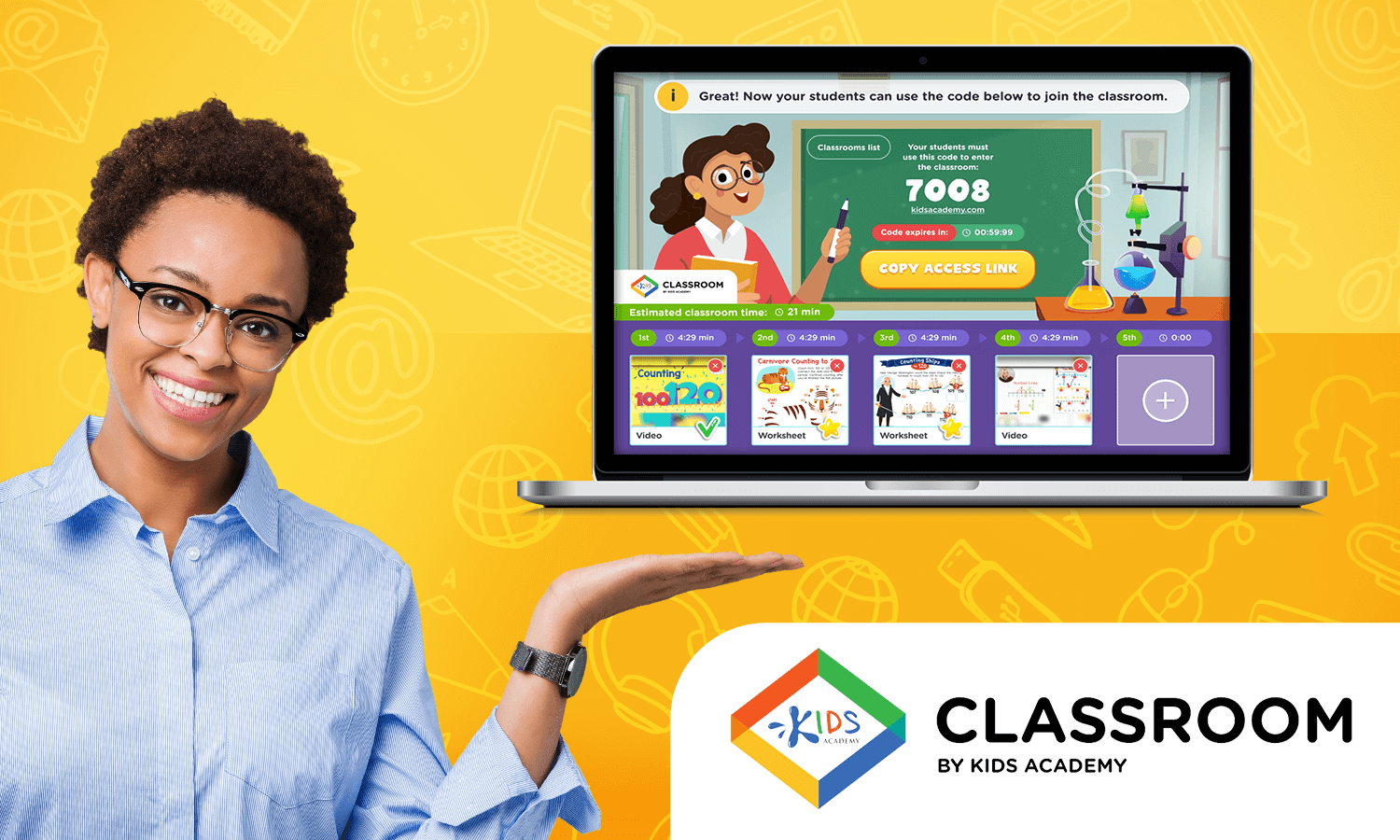Easy Alphabet worksheets activities for Ages 3-6
5 filtered results
-
From - To
Discover a fun and engaging way for your little ones aged 3-6 to learn the alphabet with our Easy Alphabet Worksheets! Designed specifically for early learners, these interactive activities provide a hands-on approach to mastering letters and sounds. Each worksheet includes colorful illustrations and imaginative exercises like tracing, matching, and coloring that make learning enjoyable. Whether at home or in the classroom, our worksheets lay the foundation for essential literacy skills in a playful format. Encourage your child’s curiosity and confidence in literacy with our thoughtfully crafted activities, perfect for reinforcing learning while fostering a love for reading and writing!
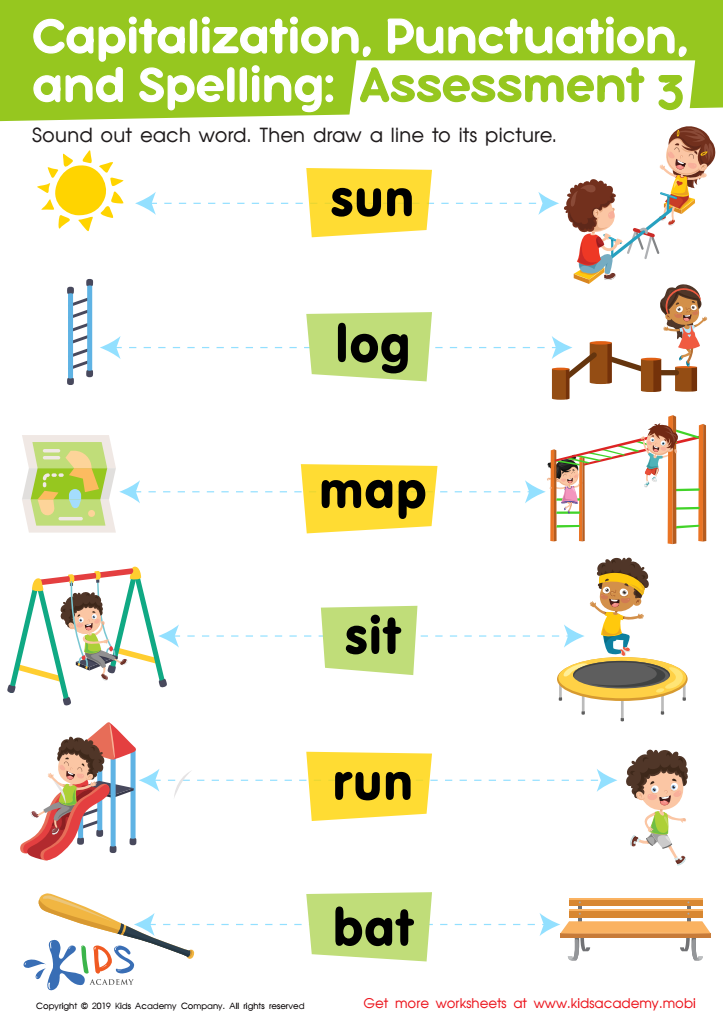

Capitalization. Punctuation. Spelling. Assessment 3 Worksheet
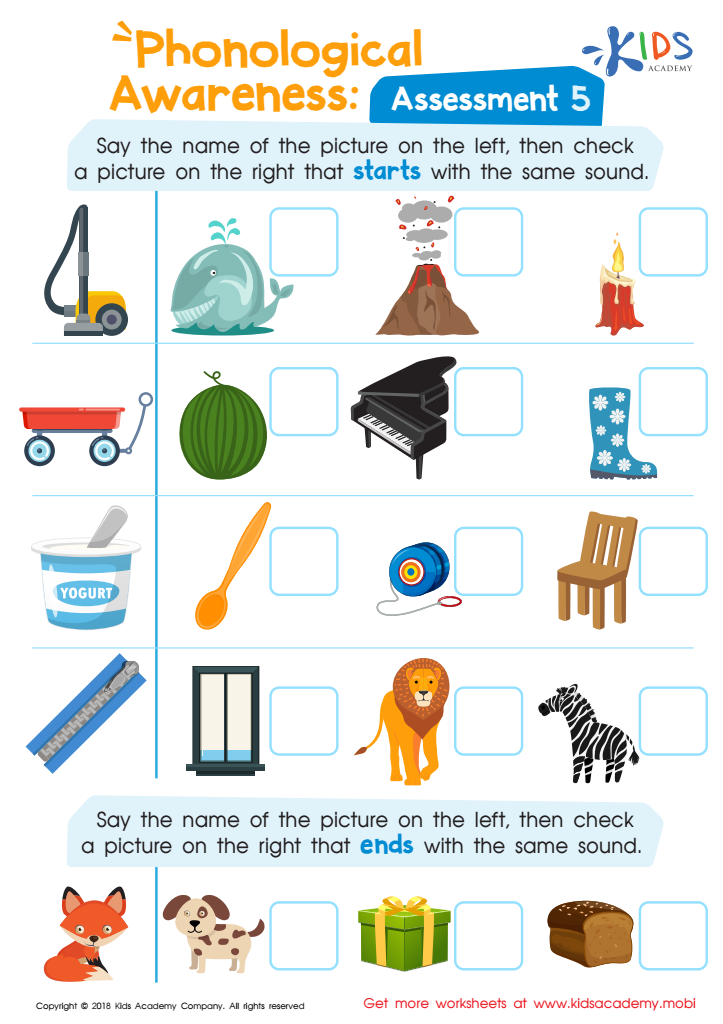

Phonological Awareness: Assessment 5 Worksheet
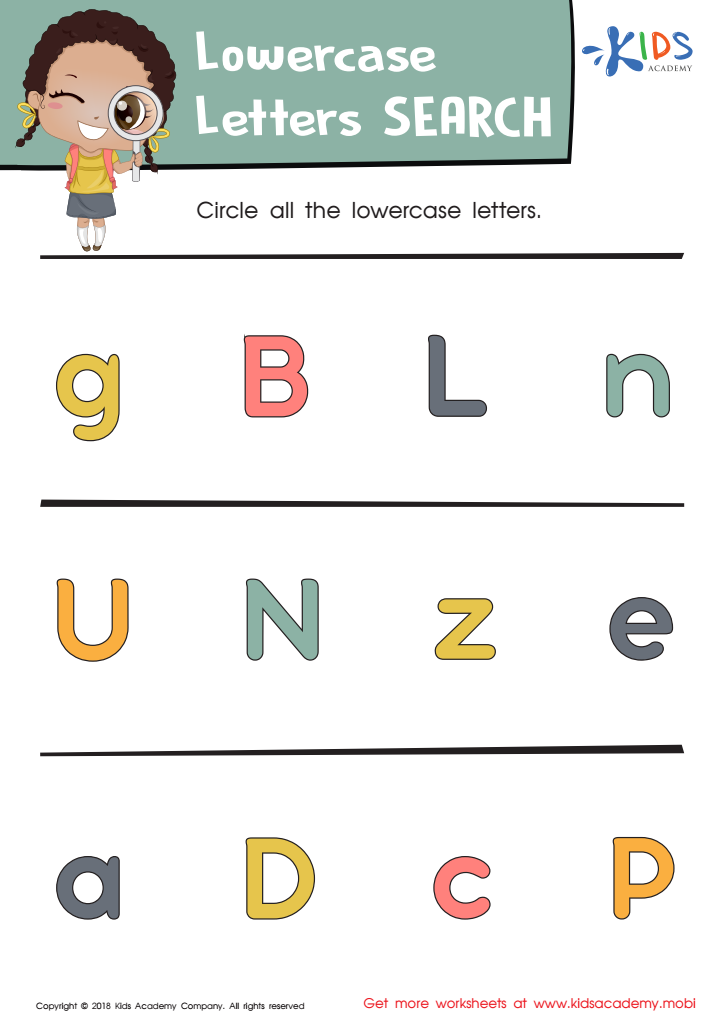

Lowercase Letters Search: Assessment Worksheet
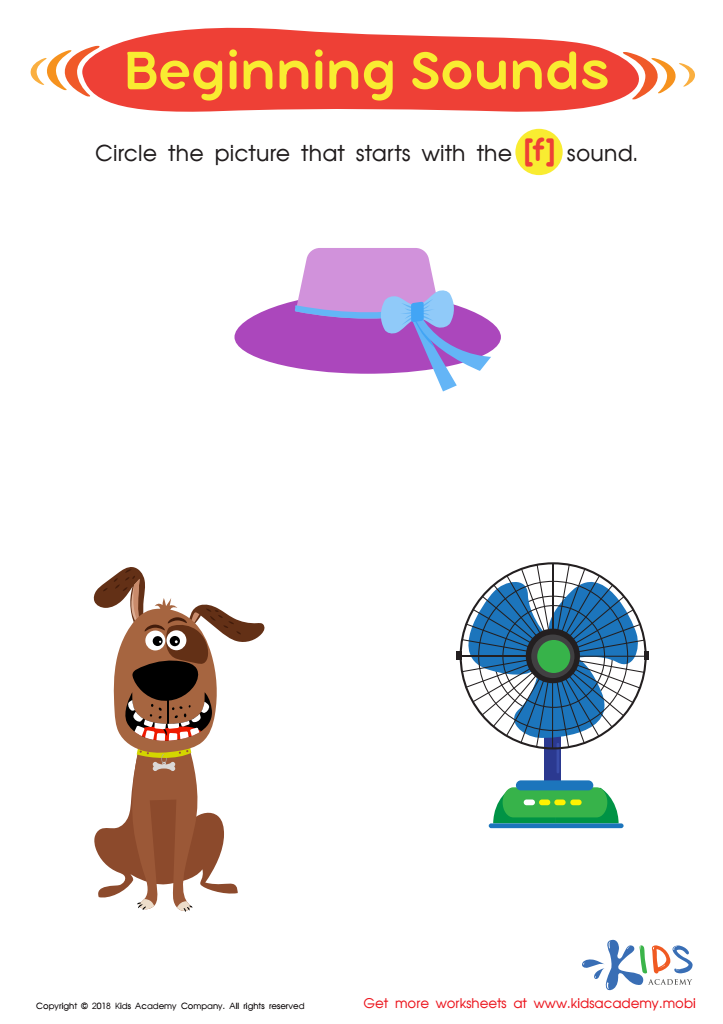

Beginning Sounds Assessment Printable
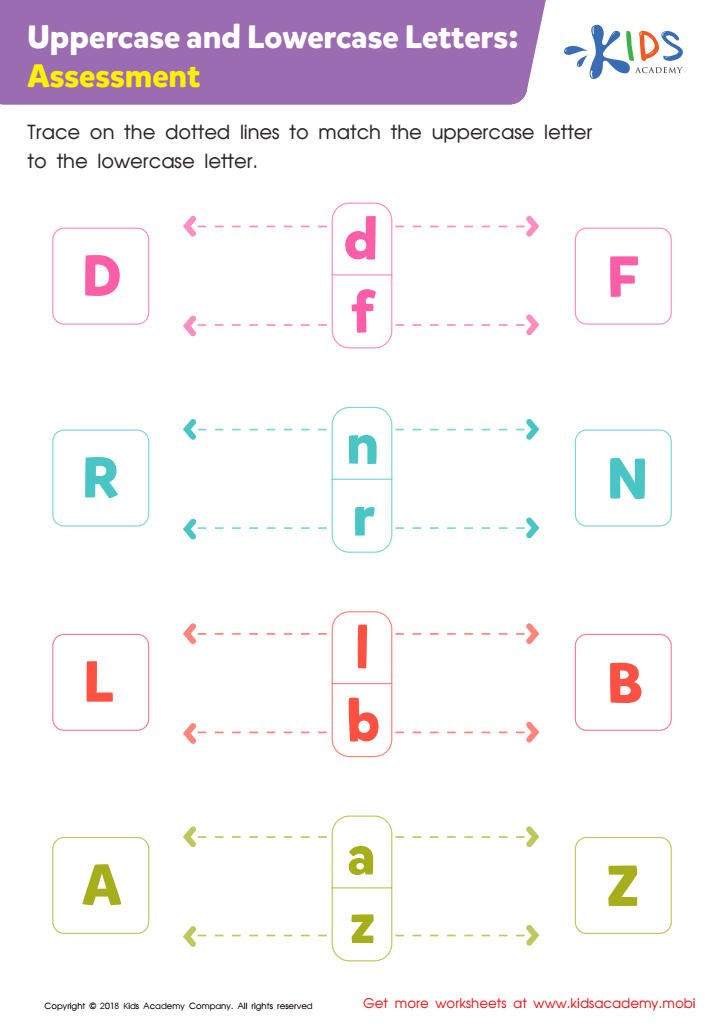

Uppercase and Lowercase Letters: Assessment Worksheet
Parents and teachers should prioritize Easy Alphabet activities for children aged 3-6 because they lay a crucial foundation for early literacy and cognitive development. During these formative years, children are naturally curious and eager to learn, and engaging in playful, interactive alphabet activities transforms the learning process into an enjoyable experience.
These activities, which can include songs, games, crafts, and storytelling, not only introduce letters but also enhance fine motor skills and encourage creativity. When children recognize and interact with letters in a fun context, they develop a love for learning and reading that can last a lifetime.
Furthermore, incorporating Easy Alphabet activities fosters critical social skills as children participate in group activities, taking turns and collaborating with peers. Such interaction also offers opportunities for parents and teachers to bond with children, reinforcing their support and guidance in the learning journey.
Overall, these activities support diverse learning styles and encourage a holistic approach to education. By investing time in Easy Alphabet activities, parents and teachers contribute to a joyful and enriching environment that nurtures children's early literacy, setting them up for success in their academic endeavors.
 Assign to My Students
Assign to My Students







